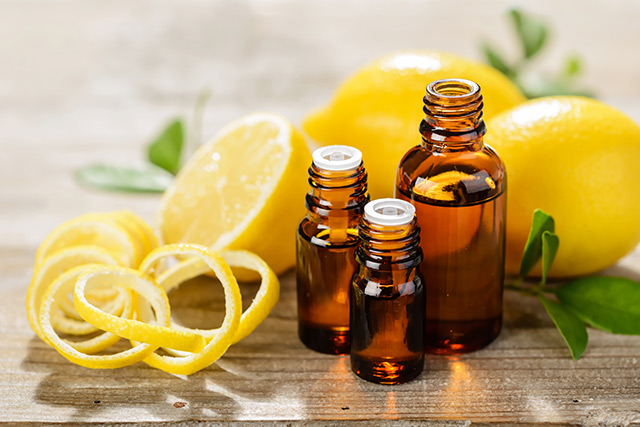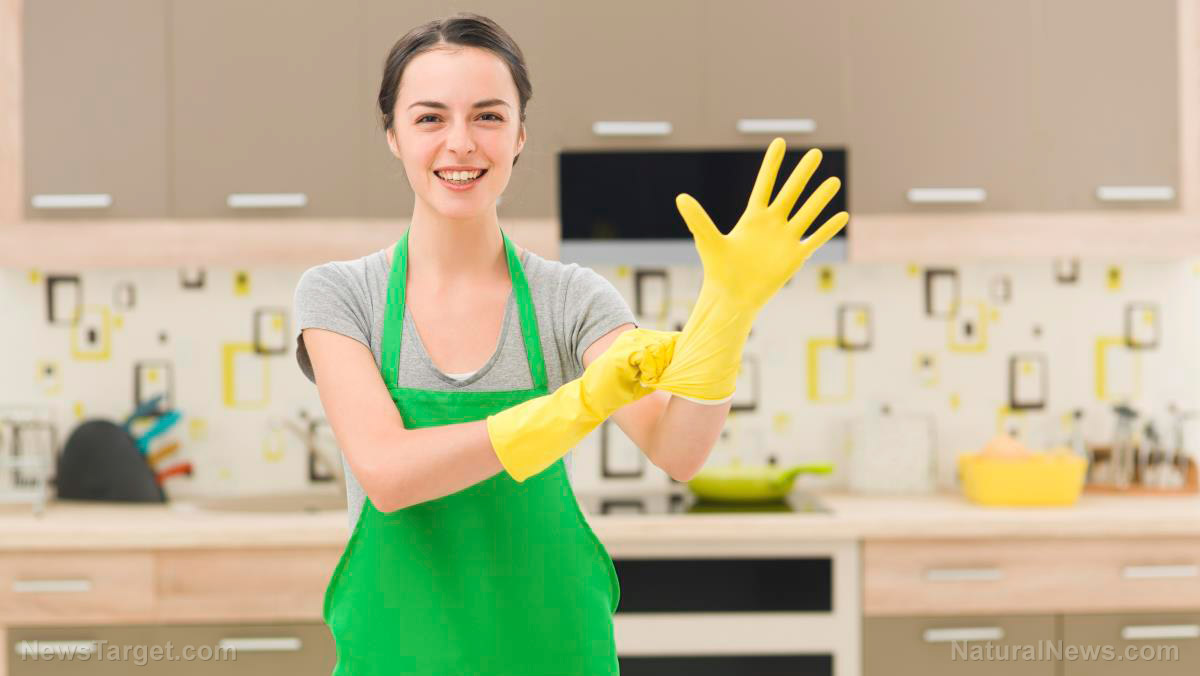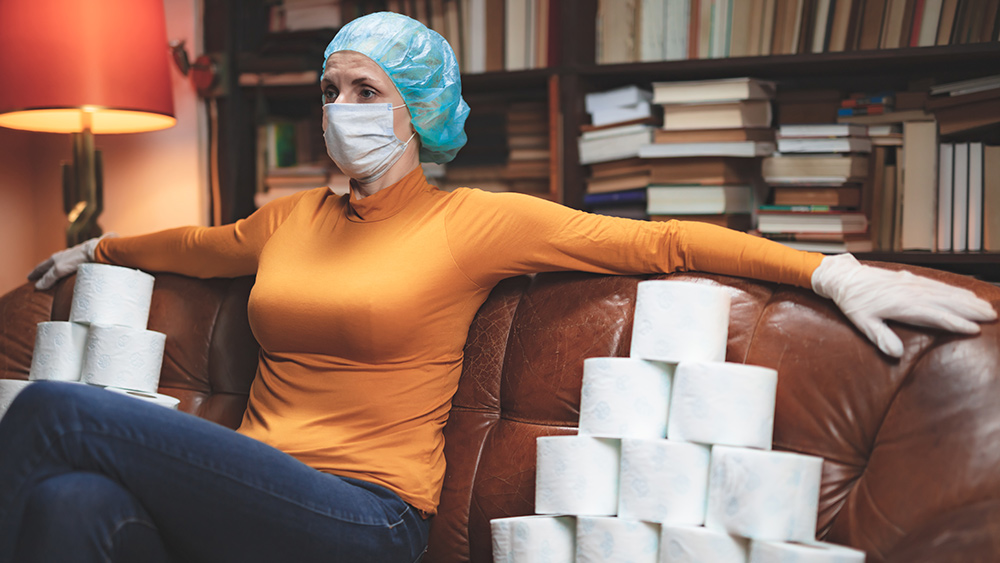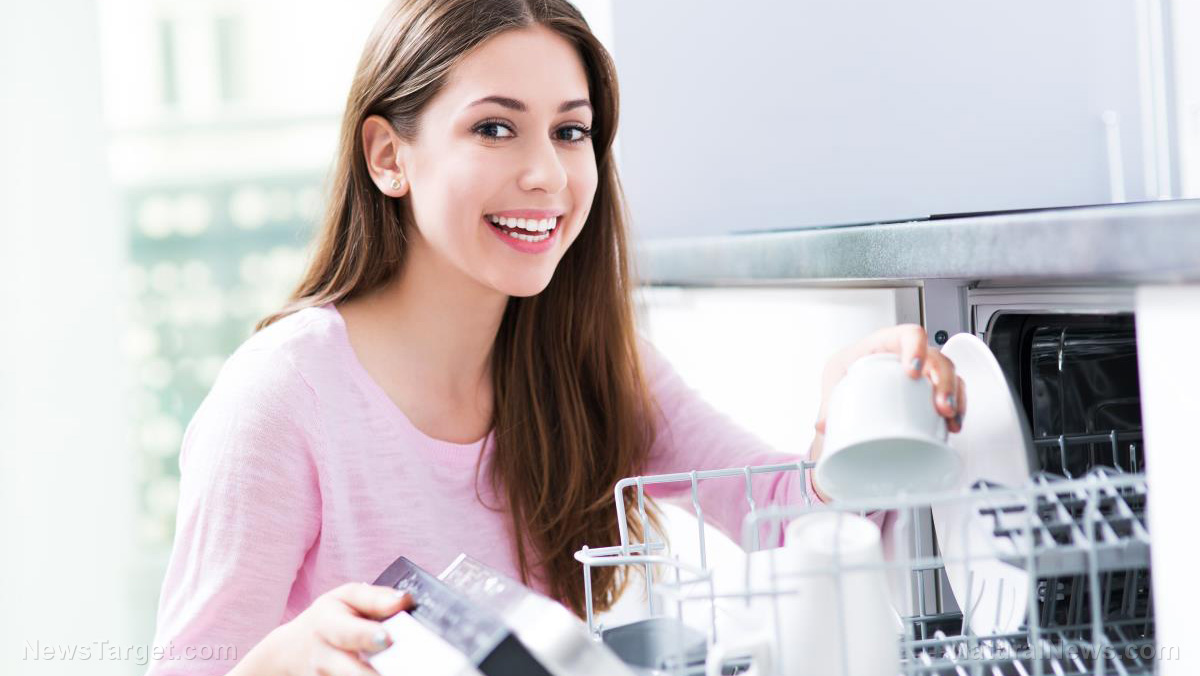
Homeowners use different cleaning products to clean and sanitize their homes regularly. But did you know that many of the store-bought products that you use to clean your home daily may be bad for your health?
Studies have shown that many store-bought products contain harmful ingredients that are bad for both humans and pets. Protect your family by making DIY cleaning solutions from safe and non-toxic ingredients like baking soda, essential oils and white vinegar.
Common household cleaning products may harm your health
Many studies have already been conducted on the adverse effects of toxic household cleaners, but the issue is gaining more traction as research reveals just how hazardous these products are.
According to a study published by researchers from the University of Bergen in Norway, the long-term use of cleaning products could have the same effect on the human body as smoking 20 cigarettes a day over a 10- to 20-year period.
The scientists believe that this damage could occur due to the irritation of the mucous membranes that line the lungs caused by exposure to the toxic chemicals in the cleaning products. Inhaling these chemicals frequently, at least once a week over a long period of time such as twenty years, can result in airway changes that are extremely harmful.
This isn't surprising since the particles in many store-bought cleaning products are intended to clean surfaces, not enter the human body or be inhaled into your lungs. The containers of these products often have strong warnings about not ingesting the products and your mucous membranes aren’t the only things at risk.
These harmful ingredients can also affect your eyes and skin, two significant conduits by which toxins can enter your body.
The study also highlighted the danger of exposure to toxins during the application or use and any airborne contamination lingering after the product has been used. This also endangers people who may not have had direct contact with the products due to use, but are present in the living environment.
This means other family members who touch the surfaces or breathe in the fumes may suffer adverse effects long after the product was used in your home.
The scientists concluded that household cleaning products create just as much air pollution as cars.
Exposure to household cleaning products linked to negative side effects
Chronic or long-term exposure to household disinfectants, cleaners and sanitizers has been linked to different serious health conditions such as:
- Headaches or migraines
- Increased asthma symptoms and complications
- Increased risk of conditions associated with asthma such as chronic obstructive pulmonary disease (COPD), scarred lung tissue and lung infections
- Increased risk of developing COPD
- Low sperm count
- Damage to the nervous system
- Menstruation irregularities in women
- Miscarriage
- Symptoms of airway irritation or inflammation, like chest pain, wheezing and shortness of breath
- Increased risk of pneumonia caused by exposure via inhalation
Products that top the list as most hazardous include those made with corrosive chemicals like drain cleaners, toilet bowl cleaners and oven cleaners. Ammonia and chlorine are two harmful chemicals that many cleaning products often advertise right on their labels.
Dryer sheets, fragrance products and laundry detergents are also full of harmful chemicals. Many fragrances added to cleaning solutions are also linked to severe health problems.
Non-toxic ingredients to use as alternatives for harmful cleaning products
Cleaning your home should get rid of harmful toxins in your living environment, not introduce more of them. While the harsh chemicals in store-bought cleaning products may remove dirt and germs from surfaces, the damage they do to the human body isn't worth sparkling clean floors.
Unfortunately, even products that carry an "organic" or "natural" label or certification can still emit air pollutants that are harmful.
The most effective way to reduce your risk of exposure to harmful chemicals while also keeping your home healthy and clean is to use non-toxic and DIY natural cleaners made with these ingredients you may already have in your pantry:
Baking soda
- Baking soda is a gentle, non-scratch scrubbing ingredient.
- It can be used as an oven and drain cleaner.
- It can also be used as a carpet and litter box deodorizer.
Castile soap
- Castile soap can be used as an all-purpose cleaner for your home.
- It can also be used as bath soap, laundry soap, or as shower cleaner.
Coconut oil
- Coconut oil is a natural antiviral, antibacterial and antifungal cleaning solution.
- You can use it to clean wood furniture and sanitize wood cutting boards.
- Use coconut oil instead of WD-40 to lubricate squeaky hinges.
- It can also be used to moisturize leather goods instead of leather conditioners.
Essential oils
- Use essential oils like citrus, eucalyptus, frankincense, peppermint and tea tree oil.
- Add essential oils to water to make a general cleaner.
- Add a few drops of citrus, eucalyptus, frankincense, peppermint, or tea tree oil to water and store in a spray bottle to make insect repellent or "bug spray".
- Essential oils can be used to make a room freshener naturally.
- Put essential oils in a diffuser when sick. Frankincense helps clean the air while eucalyptus helps relieve a stuffy head.
- Use as an ingredient for homemade laundry soap.
Hydrogen peroxide
- Suitable as a general cleaning solution and antibacterial cleaner.
- Use hydrogen peroxide to clean food prep areas like the kitchen. (Related: DIY cleaning supplies: 3 Simple recipes for homemade cleaning products.)
Lemons (peel and juice)
- Use lemons to clean and freshen the refrigerator.
- They can also be used to clean and freshen the garbage disposal.
- Lemon peel and juice are also great as natural room fresheners.
- Use lemons to clean cutting boards and your coffee maker.
- Lemon can also be used as furniture polish.
Rubbing alcohol or vodka
- Use rubbing alcohol or vodka as countertop cleaners.
- These can also be used to sanitize surfaces.
White vinegar
- Use white vinegar as a disinfectant, or follow up with hydrogen peroxide for deeper disinfecting.
- White vinegar can be used as an all-purpose cleaner for countertops, except granite, marble, or stone countertops.
- Use it as a window cleaner.
- You can also combine white vinegar with baking soda to clean tile floors and the bathtub.
- Use white vinegar to clean grimy bathroom grout.
DIY Homemade cleaners
Here are some recipes for some DIY homemade cleaners that you can make using some of the ingredients listed above:
DIY all-purpose cleaner
What you'll need:
- One part white vinegar
- One part water
- The rind of a citrus fruit, like lemon
Steps:
- Mix the white vinegar, water and lemon rind in a glass spray bottle. Gently shake to combine.
- Let the mixture sit for a few days.
- Use the all-purpose cleaner on mild messes like soap scum on non-porous surfaces like tiles in the bathroom. Avoid using acidic ingredients on porous surfaces like granite and untreated wood because this could damage and dull these surfaces.
DIY kitchen cleaner
What you'll need:
- Baking soda
- Warm water
Steps:
- To make this basic cleaning scrub, mix the warm water with enough baking soda to make a paste.
- Use a scrubbing brush to spread the paste on dirty kitchen sinks or countertops. Thoroughly rinse the surface you're cleaning with the baking soda paste and properly dry to avoid any residue.
DIY grease cleaner
What you'll need:
- Baking soda
- Liquid Castile soap or regular dish soap
- Warm water
Steps:
- Add a splash of the liquid Castile soap and a spoonful of the baking soda to a spray bottle. Fill with warm water, then shake.
- Spray the grease cleaner on cooktop areas where grease often accumulates, like the areas around burners. Wipe the surface clean with a sponge.
- You can also soak greasy pans or grates in this mixture for about 20 minutes to effectively and easily remove grime and grease.
Keep your home clean and chemical-free using non-toxic cleaning ingredients like baking soda, essential oils and white vinegar.
Go to Homesteading.news to read more articles about natural homemade cleaners.
Watch the video below to learn about five DIY cleaners you can make at home.
This video is from the Back Roads Living channel on Brighteon.com.
More related stories:
No muss, no fuss: 6 Natural ways to remove mold.
Here’s a quick and easy guide to making your own cleaning products.
Home cleaning hacks: Non-toxic DIY carpet cleaner recipe.
Sources include:
Please contact us for more information.



















